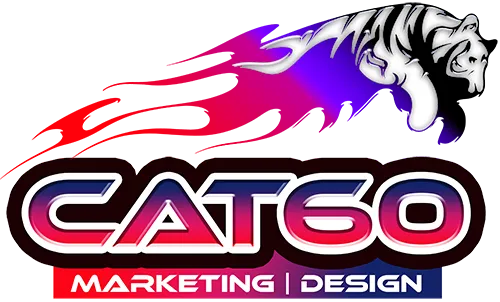Our Blog

Different Types of Digital Marketing Explained
“What is Digital Marketing?” - Bill Connors 3/28/2024
Digital marketing refers to the utilization of various digital platforms such as websites, mobile apps, social media, search engines, and more to promote and sell products and services. It shares many principles with traditional marketing but provides companies with additional avenues to engage with consumers and understand their behavior. Often, companies integrate both traditional and digital marketing approaches into their strategies, though digital marketing presents its own unique challenges. Its popularity surged with the widespread adoption of the internet in the 1990s.

Key Points:
- Digital marketing utilizes websites, mobile devices, social media, and other digital channels to promote products and services.
- Marketers employ various tools to measure the effectiveness of their campaigns.
- Standing out in a crowded digital landscape is a significant challenge for digital marketers.
How Digital Marketing Functions:
Marketing encompasses a wide array of techniques and media for companies to promote their offerings and enhance market share. With the advent of the internet, digital marketing emerged as a new way for companies to connect with consumers. This shift compelled companies to adapt their marketing strategies and budgets. Email, search engines, and social media platforms like Facebook revolutionized how businesses interact with customers.
Digital Marketing Channels:
Digital marketing channels have evolved over time. Some common channels include:
- Website Marketing
- Pay-Per-Click Advertising
- Content Marketing
- Email Marketing
- Social Media Marketing
- Affiliate Marketing
- Video Marketing
- Text Messaging
Key Performance Indicators (KPIs) in Digital Marketing:
Digital marketers use various KPIs to gauge the performance of their campaigns, such as click-through rate, conversion rate, social media traffic, and website traffic.
Challenges in Digital Marketing:
The digital realm poses challenges like rapidly evolving channels, data management complexities, and the struggle to capture consumer attention amid digital clutter.
Digital Marketing Agency:
A digital marketing agency specializes in marketing through digital channels, crafting and executing campaigns via social media, PPC advertising, videos, websites, and more.
SEO in Digital Marketing:
Search engine optimization (SEO) encompasses techniques to increase website traffic and improve search result rankings.
Internet Marketing:
Internet marketing is a subset of digital marketing, focusing solely on online platforms.
Skills and Implicit Bias:
Digital marketers require strong communication, data analytics, and social media skills. Additionally, addressing implicit bias is crucial in creating inclusive marketing campaigns.
Conclusion:
Digital marketing complements traditional marketing methods and offers unique tools and challenges. Success in digital marketing requires mastery of various platforms, analytics, and the ability to adapt to an ever-changing digital landscape.

Monday To Friday
9:00 AM to 5:00 PM
Eastern Standard
Copyright 2024 Cat60 LLC

